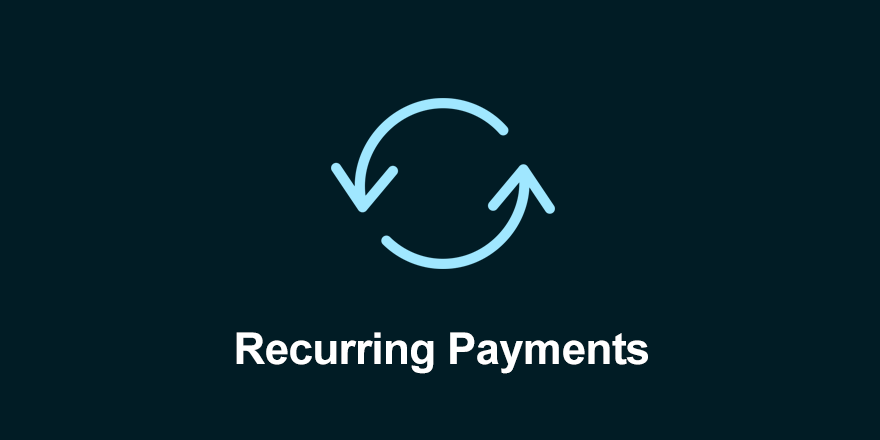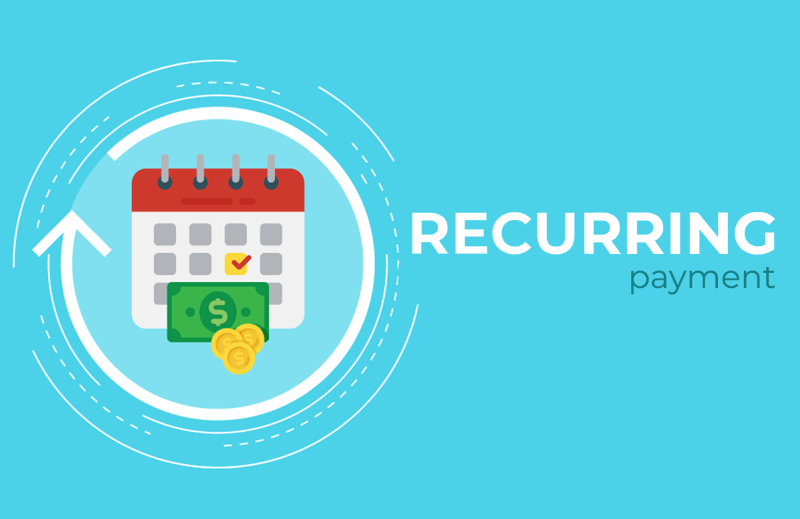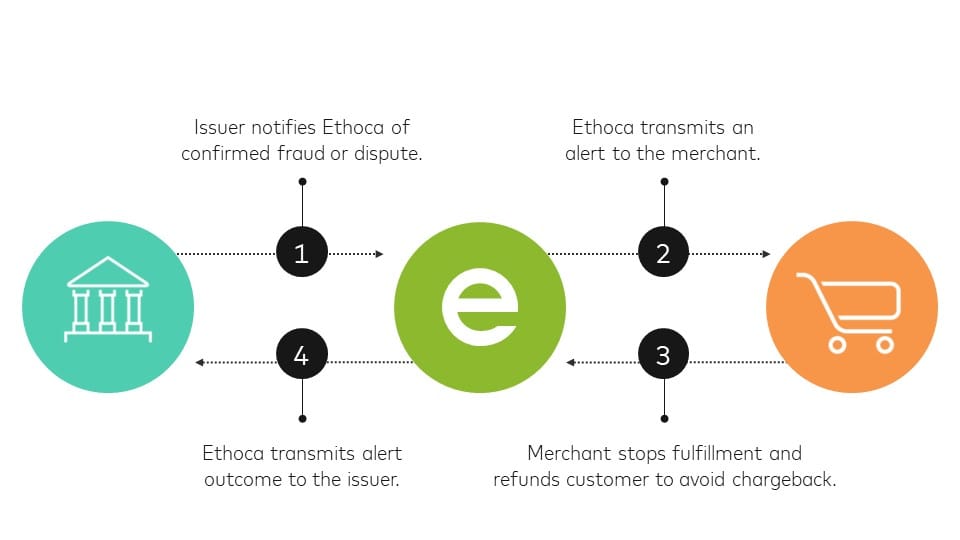
In today's digital age, businesses are constantly seeking ways to streamline their operations and enhance customer experience. One crucial aspect of this is recurring payments processing. Recurring payments have become a popular choice for businesses as they offer convenience for customers and a stable cash flow for the company.
In this blog post, we will delve into the world of recurring payments processing, exploring its significance for businesses and the various factors to consider when choosing a provider. Additionally, we will discuss the legal considerations that come with managing recurring payments, ensuring compliance and customer satisfaction.
Understanding the ins and outs of recurring payments processing is essential for any business that wants to thrive in the modern marketplace. So, let's dive in and discover the benefits, processes, and considerations involved in this vital aspect of business operations.
Introduction to Recurring Payments Processing
Recurring payments processing refers to the system and procedures involved in managing and processing recurring payments from customers. It is a payment method that allows businesses to collect regular payments from customers on a predetermined schedule, such as weekly, monthly, or annually.
The concept of recurring payments has gained popularity due to its convenience for both businesses and customers. It eliminates the need for customers to manually initiate payments each time, providing them with a hassle-free experience. For businesses, it ensures a steady and predictable cash flow, reducing the administrative burden of manually processing payments.
Recurring payments can be used in various industries, including subscription-based services, membership organizations, utility companies, and more. It simplifies the payment process for customers, making it easier for them to maintain ongoing relationships with businesses.
In the following sections, we will explore the importance of recurring payments processing for businesses and the benefits it offers. We will also delve into the technical aspects of how recurring payments are set up, processed, and managed. Furthermore, we will discuss the considerations involved in selecting the right recurring payments processing provider and the legal obligations that businesses must adhere to in this process.
By gaining a comprehensive understanding of recurring payments processing, businesses can optimize their payment systems, enhance customer experience, and ensure a stable and reliable revenue stream.
The Importance of Recurring Payments Processing for Businesses
Recurring payments processing plays a crucial role in the success and financial stability of businesses. It offers numerous benefits that can significantly impact their operations and bottom line. Let's explore the importance of recurring payments processing for businesses in more detail.
Maintaining Cash Flow
One of the key advantages of recurring payments processing is the ability to maintain a steady cash flow. By implementing recurring payments, businesses can ensure that they receive regular payments from customers on a predetermined schedule. This eliminates the uncertainty and fluctuations often associated with one-time payments. With a reliable cash flow, businesses can better plan and manage their finances, pay bills, invest in growth initiatives, and meet financial obligations promptly.
Increasing Customer Retention
Recurring payments provide convenience to customers by automating the payment process. This convenience leads to increased customer satisfaction and loyalty. When customers have a seamless experience with recurring payments, they are more likely to continue using the product or service and remain loyal to the business. By nurturing long-term customer relationships through recurring payments, businesses can improve customer retention rates and reduce customer churn.
Improving Forecasting Accuracy
Recurring payments provide businesses with a predictable revenue stream. This predictability allows for more accurate financial forecasting and planning. By analyzing recurring payment patterns and trends, businesses can make informed decisions regarding budgeting, resource allocation, and growth strategies. This level of forecasting accuracy enables businesses to make proactive adjustments and optimize their operations for maximum efficiency and profitability.
In summary, recurring payments processing is of utmost importance for businesses. It ensures a steady cash flow, enhances customer retention, and improves forecasting accuracy. By implementing and optimizing recurring payments, businesses can achieve financial stability, streamline operations, and foster long-term customer relationships.
How Recurring Payments Processing Works
Understanding how recurring payments processing works is essential for businesses to effectively implement and manage this payment method. Let's dive into the details of how recurring payments processing works:
Setting Up Recurring Payments
The process of setting up recurring payments typically involves the following steps:
Customer Enrollment: Customers provide their payment details and authorize the business to charge their account on a recurring basis. This can be done through various channels such as online forms, mobile apps, or over the phone.
Payment Schedule and Frequency: Businesses establish the frequency and duration of the recurring payments, such as weekly, monthly, or annually. The customer's consent and agreement to these terms are crucial.
Payment Method Verification: The customer's payment method, such as credit card or bank account, is verified to ensure its validity and to prevent potential payment issues.
Transactions Processing
Once the recurring payment setup is complete, the processing of transactions follows a similar pattern:
Billing Cycle Initiation: The billing cycle begins according to the predetermined schedule. This triggers the process of charging the customer's payment method.
Payment Authorization: The payment processor verifies the availability of funds or credit on the customer's payment method. This step ensures that the payment can be successfully processed.
Transaction Processing: Upon successful authorization, the payment processor initiates the transfer of funds from the customer's account to the business's account. This process may involve intermediaries such as payment gateways and acquiring banks.
Managing Failed Payments
Occasionally, recurring payments may fail due to various reasons, such as insufficient funds, expired credit cards, or technical issues. Businesses need to have mechanisms in place to handle failed payments effectively:
Automated Retry: Some payment processors automatically attempt to retry failed payments after a specific period. This allows for potential temporary issues to be resolved and the payment to be successfully processed.
Customer Notification: Businesses should promptly notify customers about failed payments, providing them with instructions on how to update their payment information or resolve the issue.
Payment Recovery: Depending on the circumstances, businesses may need to follow up with customers to recover the missed payment. This could involve contacting customers directly, offering alternative payment methods, or providing support to resolve any issues.
By understanding the intricacies of how recurring payments processing works, businesses can ensure a smooth and efficient payment experience for their customers. Additionally, having systems in place to manage failed payments can minimize disruptions to the cash flow and maintain positive customer relationships.

Choosing the Right Recurring Payments Processing Provider
Choosing the right recurring payments processing provider is crucial for businesses to ensure a seamless and secure payment experience for both themselves and their customers. Here are key considerations when selecting a recurring payments processing provider:
Security Considerations
Data Protection: Ensure that the provider employs robust security measures to protect sensitive customer payment data. Look for compliance with industry standards such as Payment Card Industry Data Security Standard (PCI DSS) and encryption protocols.
Fraud Prevention: Evaluate the provider's fraud prevention mechanisms, including tools for detecting and preventing fraudulent transactions. Look for features such as real-time fraud monitoring, address verification, and card verification value (CVV) checks.
Tokenization: Consider providers that offer tokenization, a process that replaces sensitive payment data with unique tokens. This further enhances security by reducing the risk of data breaches.
Pricing Models
Transaction Fees: Understand the provider's pricing structure, including transaction fees. Consider whether the fees are fixed or tiered based on transaction volume and how they align with your business's payment volume.
Setup and Integration Costs: Determine if there are any upfront setup or integration costs associated with the provider's services. Some providers may offer easy integration options with existing systems, reducing setup expenses.
Contractual Terms: Review the terms of the provider's contract, including the duration, termination clauses, and any potential penalties or hidden fees. Ensure that the contractual terms align with your business's needs and growth plans.
Customer Support and User Experience
Support Availability: Evaluate the provider's customer support options, including availability, response times, and support channels. Look for providers that offer 24/7 support to address any issues promptly.
Integration and Onboarding: Consider the ease of integration and onboarding process offered by the provider. Look for user-friendly interfaces, developer resources, and documentation to ensure a smooth transition.
Reporting and Analytics: Assess the provider's reporting capabilities, including access to transaction data, analytics, and insights. Robust reporting tools can help businesses gain valuable insights into payment trends and customer behavior.
Considering these factors and conducting thorough research will help businesses make an informed decision when choosing a recurring payments processing provider. It is essential to select a provider that aligns with your business's security requirements, offers transparent and competitive pricing, and provides excellent customer support and user experience.
Legal Considerations in Recurring Payments Processing
Legal considerations in recurring payments processing are essential for businesses to ensure compliance with regulations and protect both themselves and their customers. Let's explore key legal aspects that businesses need to consider:
Understanding PCI Compliance
Payment Card Industry Data Security Standard (PCI DSS): Familiarize yourself with the PCI DSS requirements, which outline security standards for businesses that process, transmit, or store cardholder data. Ensure that your recurring payments processing system adheres to these standards to protect customer payment information.
Data Privacy Laws: Be aware of applicable data privacy laws, such as the General Data Protection Regulation (GDPR) in the European Union or the California Consumer Privacy Act (CCPA) in the United States. Understand your obligations regarding customer consent, data storage, and the rights of individuals regarding their personal information.
Managing Customer Consent and Communication
Consent Collection: Ensure that you have proper consent mechanisms in place to collect and process customer payment information. Clearly communicate to customers the purpose, frequency, and duration of recurring payments and obtain their explicit consent.
Opt-Out and Cancellation Policies: Provide clear instructions to customers on how to opt-out of recurring payments or cancel their subscription. Make it easy for customers to manage their payment preferences and honor their requests promptly.
Communication and Notifications: Communicate with customers regarding upcoming payments, changes in payment terms, or failed payment notifications. Ensure that your communication methods comply with applicable laws, such as email opt-in requirements.
Handling Disputes and Chargebacks
Dispute Resolution Process: Establish a clear process for handling customer disputes related to recurring payments. Ensure that you have mechanisms in place to address customer concerns promptly, investigate disputes, and provide appropriate resolutions.
Chargeback Management: Understand the chargeback process and regulations set forth by card networks and payment processors. Maintain proper documentation of customer transactions and respond to chargeback requests within the specified timelines.
Terms and Conditions: Clearly outline the terms and conditions related to recurring payments in your customer agreements. Include details about refund policies, cancellation procedures, and dispute resolution processes to manage customer expectations and mitigate disputes.
By staying informed about legal obligations and implementing necessary measures, businesses can navigate the legal landscape of recurring payments processing successfully. Compliance with data security standards, proper consent management, effective communication, and dispute resolution processes will help businesses maintain trust with customers and mitigate legal risks.


